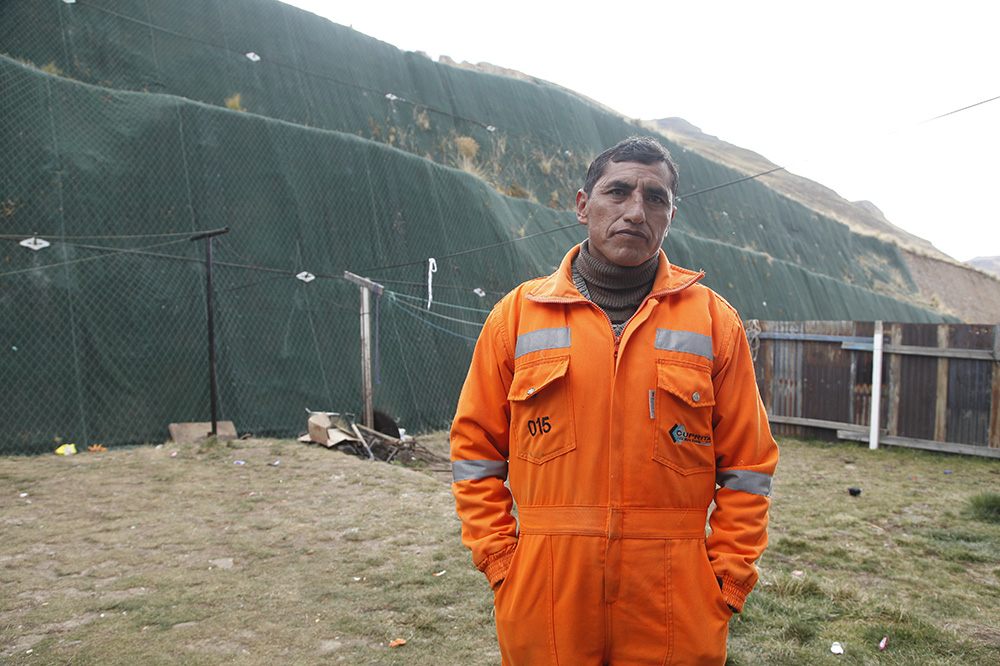How CNV International is improving working conditions in Peru's mines
Aluminum, cobalt, graphite, gold, copper, silver, lithium and tin, sourced from mines in the inhospitable Peruvian Andes, are essential ingredients in many everyday products. Just as indispensable as the miners who work here as temporary workers to ensure that the metals reach Dutch companies. In practice, however, much goes wrong in the field of labour rights in Peru's mines. For example, in 2018 there were 41 fatal accidents and only 10% of the miners have a permanent contract. At the same time, the Netherlands imported 115 million euros worth of minerals from Peru in 2018. As a result, many Dutch metal companies have to deal with abuses in their supply chain.

International network
By participating in the International RBC Agreement for the Metals Sector, CNV International contributes to reducing and preventing potential human rights risks in the metal supply chain. For example, knowledge and information about labour rights in the local context is shared with companies and abuses are actively identified with the help of worldwide local partners and international departments. In this way, CNV International makes an important contribution to the efforts of companies to prevent, identify and remedy possible abuses in the field of labour rights.
Dialogue in Peru
It is difficult for individual Dutch companies to exert direct influence on respecting the fundamental labour rights of miners at the beginning of the supply chain. Through the Agreement, companies can initiate change together with trade unions, the government and civil society organisations. For example, the work of CNV International is now becoming visible in the Peruvian Andes. Miner Jesús Cárdenas managed to create a union for temporary workers in the mining industry for the first time. Thanks to training courses from CNV International, Jesús and his colleagues learned about their labour rights and how they can enter into a constructive dialogue. As a result, they are better able to act as interlocutors. Together with the mining company, they can now hold a dialogue about improving safety and health at work. “The mining company has understood that it is also responsible for the workers without permanent contracts,” says Jesús Cárdenas, miner and founder of the FENTECAMP union.
Understanding and mapping risks
In addition to training and mediation, CNV International is also committed to mapping hidden risks in the metal supply chain and sharing them with parties within the Agreement. Recent research has resulted in a position paper, in which the risks in Peru, Colombia and Bolivia are made clear on the basis of a case study. This research shows that there are major differences between the position of temporary workers and that of miners in permanent employment. Read the full report and watch the webinar again.
Join!
Are you interested in learning more about participating in the Agreement? Please contact the secretariat via:metaalconvenant@ser.nl
